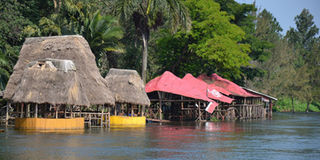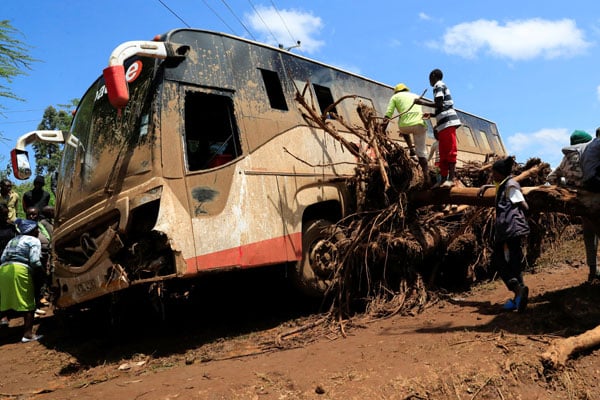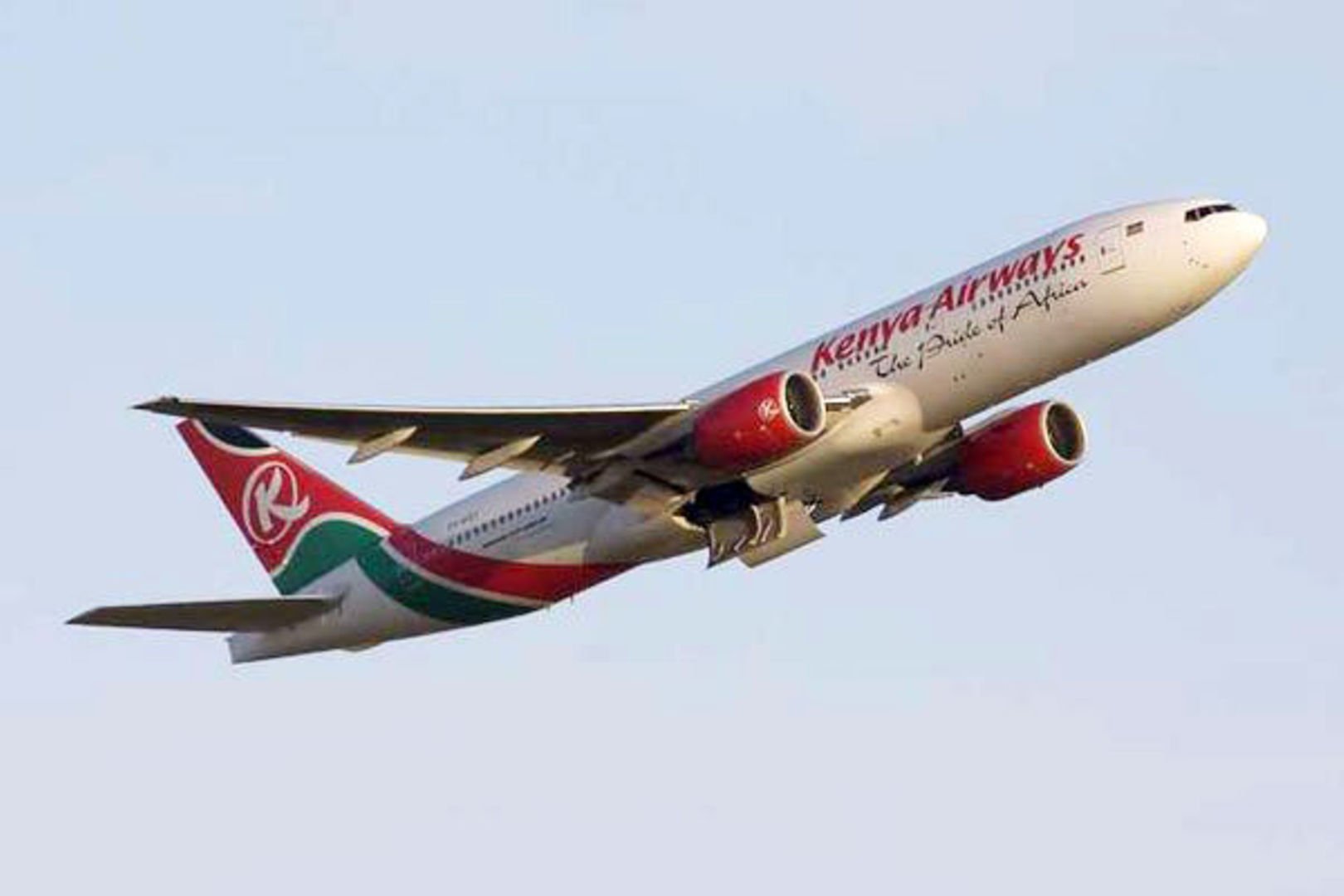Covid-19 lockdown plunges Source of the Nile in losses

Flooded. Rumours Restaurant at the Source of the Nile that has been submerged in water. PHOTO/TAUSI NAKATO.
What you need to know:
- To access the Source of the Nile, Jinja authorities charge students Shs2,000, adults pay Shs5,000, while tourists from East Africa part with Shs10,000 and other countries Shs30,000.
- A Jinja City Council revenue collection officer at the Source of River Nile, Mr Kassim Nyende, at the weekend said the Covid-19 pandemic and rising water levels are the ‘double tragedy’ affecting revenue collection.
Jinja City continues to feel the pinch of the coronavirus pandemic after one of its major sources of income, the Source of River Nile, like many tourist destinations, counts losses.
“In the three months of lockdown, we have collected nothing yet. During the peak periods, we could collect between Shs150 million and Shs180 million per month; and between Shs50 million and Shs60 million during off-peak periods,’’ Mr Peter Mawerere, the Jinja City Deputy Clerk, said.
However, the site is currently a ghost town, with very few activities taking place, despite remaining open while the country went into lockdown in March.
Instead, most businesses like restaurants and zoo parks have closed because water has submerged the buildings, while craft shops, which have been spared by the rising water levels, remain closed.
“The Source of the Nile mainly receives foreign tourists; but as long as the airspace remains closed, we do not expect much because local tourism is very low in the area and our people do not visit such places,’’ Mr Mawerere said.
He added that the rising water levels have also affected tourists, especially those who want to sail.
“Most clients fear fast-running water or using boats because of too much water, which has also submerged some restaurants within the area and the zoo park which was a big source of revenue and employment to tour guides,’’ he explained.
Mr Mawerere said they failed to meet last financial year targets because of Covid-19.
“Our financial year budget is Shs8b but because of the lockdown, we have not realised even half of it.
“Markets, shops and bars were also shut down during the lockdown and when we fail to collect money, it means many services cannot be delivered,” he feared.
He cited roads, street lights and health centres as areas that have been mostly affected by low revenue collection.
“We are supposed to be maintaining our roads because many of them have potholes due to rain. We also have to light up many of these roads, provide services to our health centres, maintain our own vehicles that are supposed to help us in service delivery, but we cannot do that,’’ he said.
A Jinja City Council revenue collection officer at the Source of River Nile, Mr Kassim Nyende, at the weekend said the Covid-19 pandemic and rising water levels are the ‘double tragedy’ affecting revenue collection.
“These two issues have chased away both international and local tourists. Since the lockdown, international tourists were completely cut off due to closure of hotels and the ban on movement of vehicles which affected accessibility of the site,’’ he said.
According to Mr Nyende, there are no tourists visiting the Source of River Nile.
“On Saturdays and Sundays, we can have up to20 people, but on weekdays, we fail to even get one yet we previously used to be busy throughout. For example, this period is for school tours and the National Agricultural Show, which was also postponed,’’ he said.
Issue
Tourism hit hard.
According to statistics from the Ministry of Finance, the tourism sector contributes 7.7 per cent to Gross Domestic Product (GDP) and $1.6b (about Shs6 trillion) to Uganda’s export earnings. But with the coronavirus outbreak, the 10 per cent projected growth is unlikely.
Government restrictions, including the quarantine of travellers from foreign countries due to coronavirus pandemic, is also causing loss to the tourism sector.
Hotels, tour companies and game parks are affected as several foreign tourists and business travellers postpone or cancel their travel to a country marketed as the Pearl of Africa.
Ms Lillian Ajarova, the Chief Executive Officer of Uganda Tourism Board (UTB), said the scourge is frustrating the ambition of the sector to hit the 10 per cent growth rate in this financial year.
“Restriction of entry from category one countries will impact the number of arrivals as we receive most of our visitors from those countries,” Ms Ajarova said. Uganda gets most of its tourists from German, Switzerland, North America and Canada. Emerging markets for the tourism sector such as China, Japan, UAE and France are also restricted.
Mr Bashir Kakaire, a boat captain at the Source of River Nile, said they are almost jobless and do not see tourists because people fear contracting Covid-19.
Mr Haruna Walusimbi Nsibambi, the Managing Director of Nile Beat Artists, a cultural group which provides entertainment at the Source of River Nile, said they have been affected.
“We provide cultural entertainment every weekend but have been affected because the guests are not coming and we definitely have nobody to entertain.
“Parents used to come with their children and celebrate their cultural treasures, but unfortunately, that is not happening,’’ he said.
To access the Source of the Nile, Jinja authorities charge students Shs2,000, adults pay Shs5,000, while tourists from East Africa part with Shs10,000 and other countries Shs30,000.
On average, authorities collect close to Shs1b annually from the tourist visits and other activities.
Last year, government unveiled a plan to redevelop tourism sites on the Source of River Nile in Jinja and Njeru Municipality.



